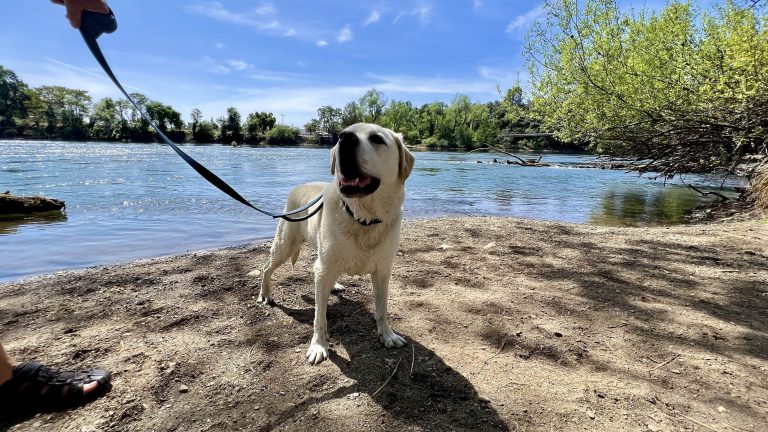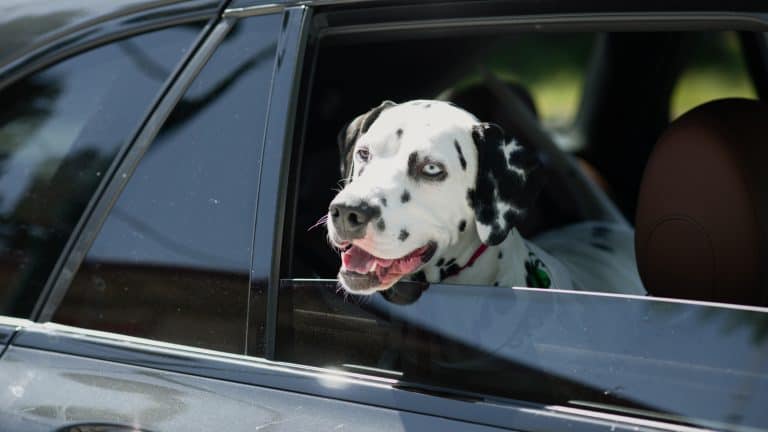By Gary Richter, MS, DVM, Holistic Veterinary Care, Oakland, CA
As more and more people discover the benefits of medical cannabis for themselves, many pet owners are wondering if there are similar benefits for their furry family members. As it turns out, the use of cannabis in animals is nothing new. Cannabis has been used in veterinary medicine for nearly as long as humans have used it to treat common health issues. Thousands of years ago, the ancient Greeks used cannabis to treat horses for colic, inflammation, and even to heal battle wounds.
More recently, veterinarians have re-discovered the benefits of cannabis to treat medical conditions in pets. We have seen successes in treating many of the same diseases for which humans benefit. Pets suffering from pain, inflammation, arthritis, cancer, seizures, and digestive issues have all found relief through the use of medical cannabis.
Cannabis affects our bodies and those of our pets because we have something called the endocannabinoid system (ECS). The ECS is made up of a network of receptors in cells throughout the body and is designed to maintain a state of normality. Just like our bodies naturally regulate our temperature and blood sugar at optimal levels, the ECS works to maintain a wide range of body functions including memory, appetite, energy level, stress response, immune function, pain levels, etc. Our bodies and those of our pets literally evolved this system to help us survive in a stressful world.
One of the fascinating things about the ECS is how it appears to be “designed” to interact with cannabis. Two of the main active compounds found in cannabis, THC (tetrahydrocannabinol) and CBD (cannabidiol), are very similar to the natural chemicals within the body that control the ECS. THC and CBD are so similar, they are able to affect how the body functions by binding with ECS receptors.
While the use of cannabis products containing THC and CBD can have great medical benefits, dogs and cats are easily overwhelmed by excessive amounts of THC. While rarely fatal, dogs and cats overdosed with THC may become unresponsive, lose bowel and bladder function, and be unable to eat or drink. Veterinary care is frequently required to support these pets until the symptoms subside.
Unlike THC, there are no concerns regarding toxicity or overdose from medicine containing prdominantly CBD. High CBD, low THC products can be made from either hemp or marijuana. Legally speaking, hemp is cannabis that contains less than 0.3% THC. (Anything over 0.3% is defined as marijuana.) CBD dominant medicines are safe and effective and when derived from hemp are completely legal in all 50 states without a prescription.
The CBD in hemp is the same compound found in marijuana. As with any natural medicine, the plant of origin and the methods of manufacture are critical to efficacy and safety. Historically, hemp came from “industrial” sources where plant genetics were focused more on fiber production rather than high quality CBD. Today however, there are hemp producers growing plants specifically for CBD and using safe methods such as CO2 extraction to produce higher quality medicine.
While there are uses for medical cannabis that require THC, CBD based products are highly effective for a wide range of conditions affecting dogs and cats and an equally wide margin of safety. Some of the most common conditions treated are:
• Pain and soreness
• Seizures
• Gastrointestinal upset (acute or chronic)
• Stress and anxiety
• CBD also has documented anti-cancer effects
For pet owners who live in states without medical or recreational marijuana laws, access to products and/or veterinary guidance may be difficult to come by. In these cases, an excellent place to start is with products made from high quality hemp. Hemp based CBD products have the advantage of being legal to sell over the counter in all states and are safe as they contain very little THC. Thus, your pet can still benefit from CBD therapy no matter where you live.










